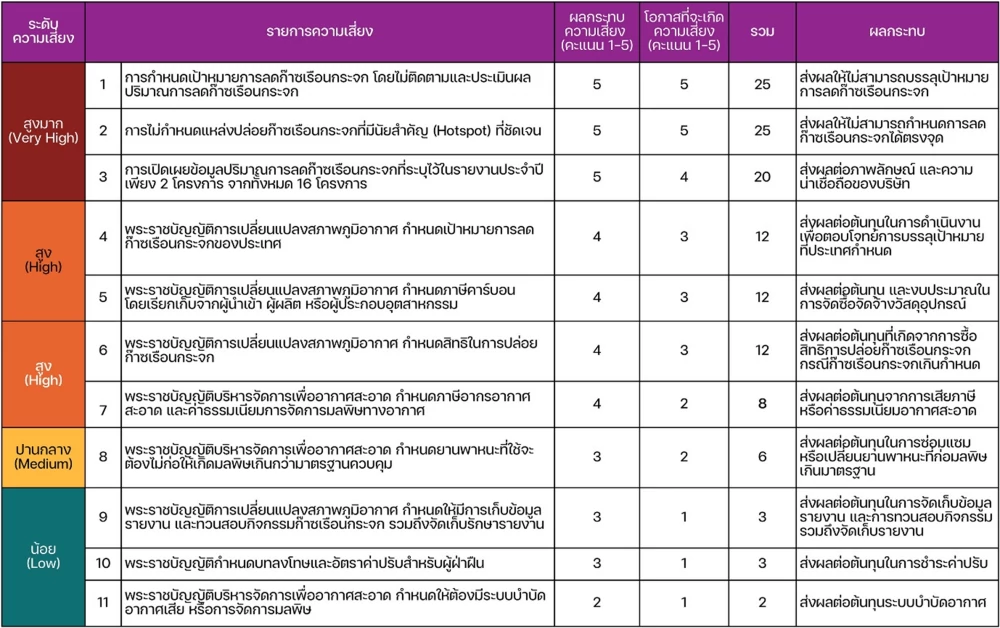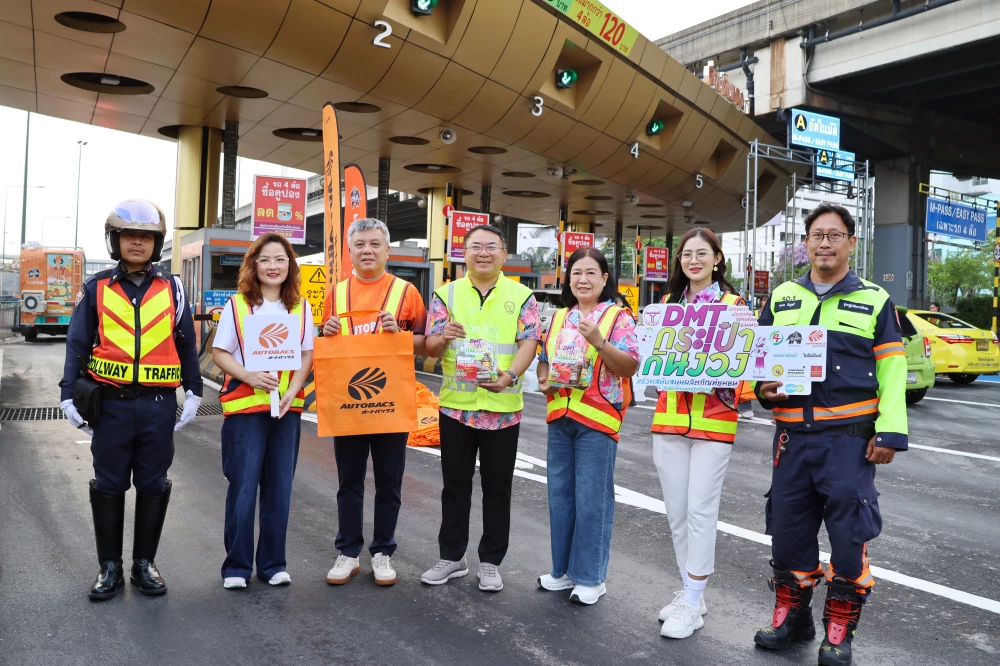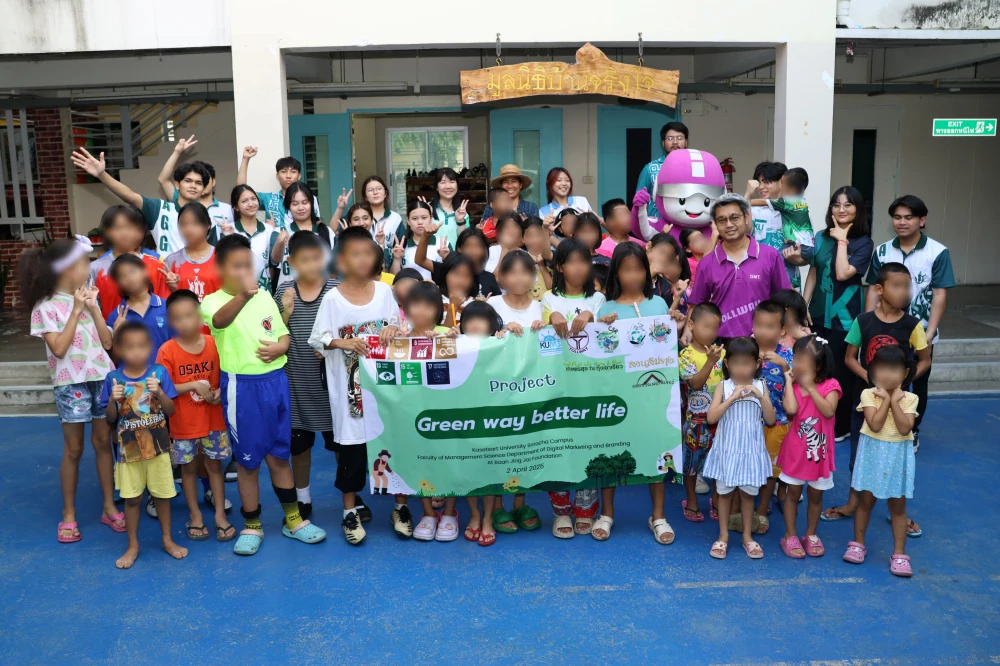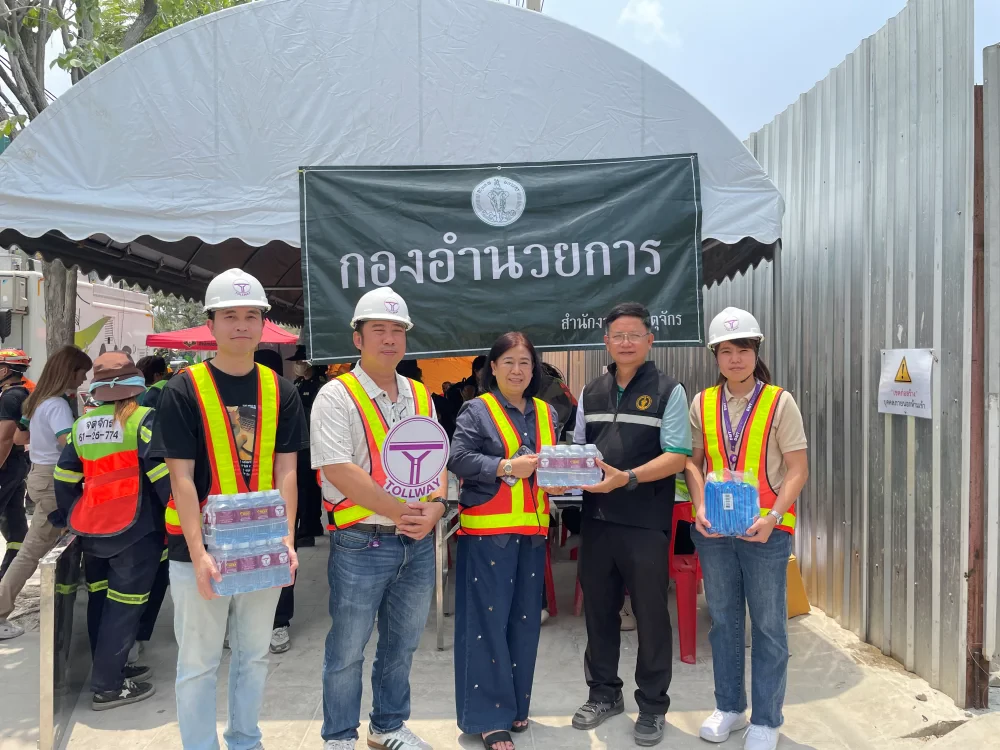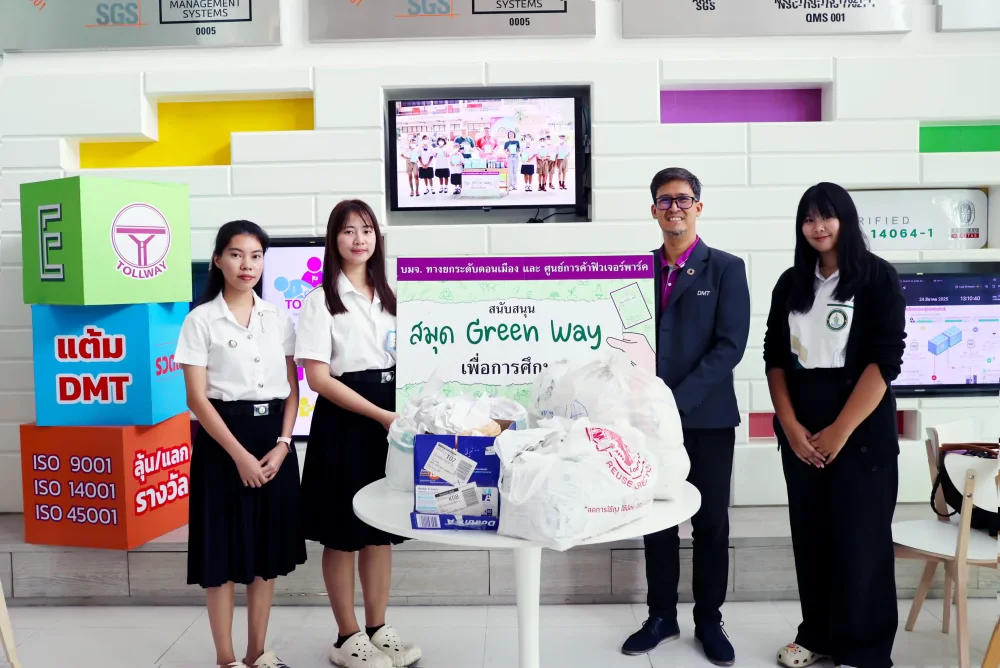Environment
Greenhouse Gas Emissions
The amount of greenhouse gas emissions from the organization in 2023
Total 3,504 ton CO2e
Goal 2024
Decrease >
Compared to 2023
Energy Consumption
Energy consumption in 2023
Outpost building
4,723,248 kWh
Goal 2024
Decrease >
Compared to 2023
Waste Management According to the 3Rs Principle
Garbage sorting results
Quantity of waste and materials that go through the reuse and/or recycling process.
22 %
Goal 2024
Recycle >
Compared to 2023
Purchasing Environmentally Friendly Products
The value of purchases accounts
for 67% of the total order volume
Goal 2024
Eco-friendly product value > 80%
Compared to 2023
Water Consumption
Amount of water consumption in 2023
15,919.53 m3
Goal 2024
Decrease > 10%
Compared to 2023
Paper Consumption
Amount of paper used in 2023
7,818 Kg
Goal 2024
Decrease > 20%
Compared to 2023
The targets for reducing greenhouse gas emissions
"The company has set a goal to reduce greenhouse gas emissions in line with Thailand's policy following its participation in the COP26 conference. The main objective is for Thailand to achieve Carbon Neutrality by 2050 and to reach net-zero greenhouse gas emissions by 2065. Subsequently, at the COP27 conference, Thailand established new policies and plans for climate change as follows:"
Set the greenhouse gas emission
target 5 years earlier than previously planned
from 2030 to 2025.
Adjust the carbon neutrality
target to be 15 years earlier than originally planned.
Advance the net-zero greenhouse gas emissions target
by 35 years
from 2065 to 2050.
Set the NDC
target at 40% by 2030.
Reduce net greenhouse gas emissions
to zero by 40% by 2030.
Environmental Improvement Roadmap for GHG Reduction
Greenhouse Gas Management
The amount of greenhouse gas emissions GHG (ton CO2e) in 2023
SCOPE 1 : Direct GHG Emissions
507 ton CO2e
SCOPE 2 : Energy Indirect Emissions
2,362 ton CO2e
Others
635 ton CO2e

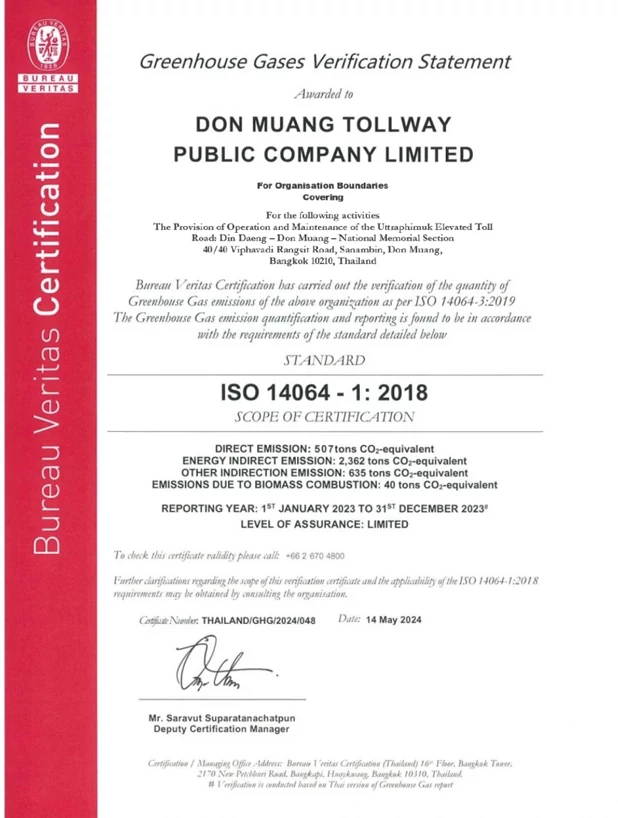
SCOPE 1 : Direct GHG Emissions
From activities within the organization, such as the incineration of machinery, the use of company-owned vehicles, the utilization of chemicals for wastewater treatment, and the occurrence of leaks or spills from processes or activities.
SCOPE 2 : Energy Indirect Emissions
The purchase of electricity, heat energy, and steam energy for use within the organization.
SCOPE 3: Other Indirect Emissions of Greenhouse Gases
Employee commuting using non-organization vehicles, traveling to off-site conferences, and the use of various materials and equipment contribute to the establishment of management guidelines for effective greenhouse gas emissions reduction. This applies to the levels of factories, industries, and the country as a whole. The benefits of conducting a Business Sector Carbon Footprint Assessment (CFO) include evaluating the amount of greenhouse gas emissions released from organizational activities and identifying significant causes of emissions. This assessment helps identify strategies to reduce the organization's greenhouse gas emissions and may involve implementing carbon offset activities. The government can utilize such assessments as a guideline to drive the management of greenhouse gas emissions for the collective benefit of the country.
Green Building
The Company has renovated the Main Operation Center by implementing the criteria of the Thai energy and environmental sustainability assessment, or Green Building. This approach emphasizes the efficient use of resources, energy, and environment to reduce environmental impact, minimize pollution, reduce energy consumption, conserve water, and create a high-quality space for building users.
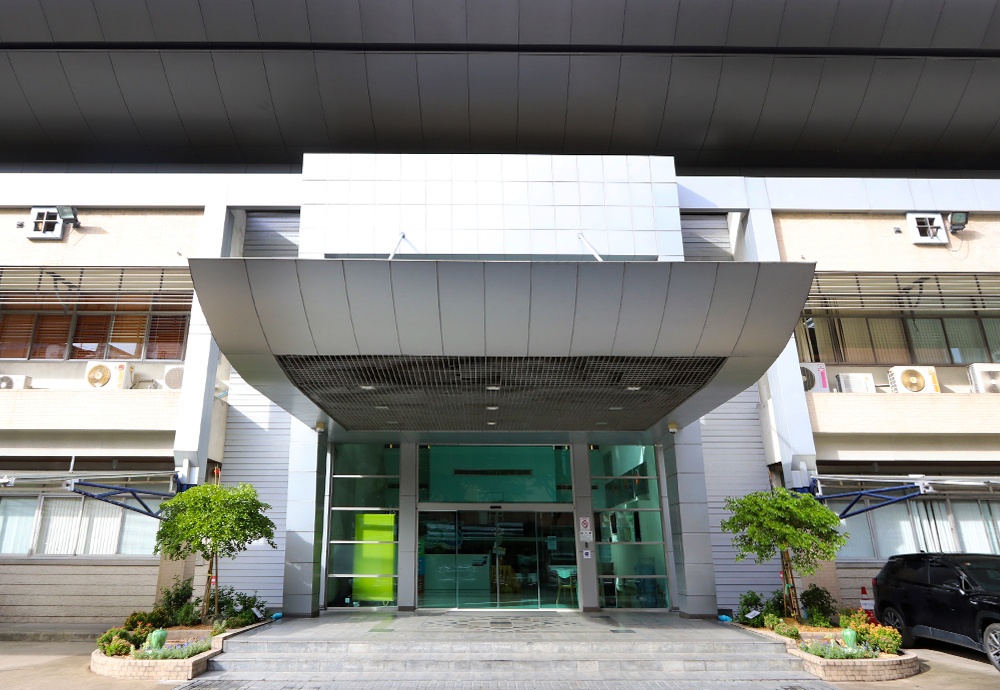
Environmental Innovation Technology in Operations

TREES-EB Indoor Environment Quality IE 1.4 Provide a smoking area
The evaluation criteria for the internal environment (IE) aims to create a good environment. Promote quality of life in terms of comfortable conditions, natural light and scenery, as well as good indoor air quality. There is no accumulation of toxins and various contaminants.

Don Muang Tollway Public Co., Ltd. has canceled the former smoking shelter and announced the use of new smoking zone according to Thai Green Building criteria.
Don Muang Tollway Public Co., Ltd. aims to reduce the impact on building users, the space inside the building, and the ventilation system from smoking. By setting a policy prohibiting smoking inside the building and providing a designated smoking area at least 10 meters away from various doors and air intakes, the company complies with TREES-EB criteria, topic IR 1.4.
Green Office

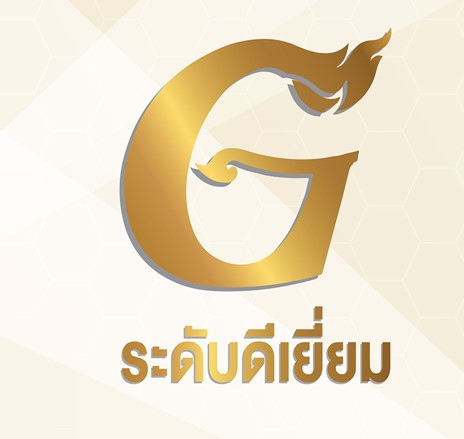
The Company has received Gold Award in Green Office evaluation from Department of Climate Change and Environment Quality Promotion in the year 2023.
In 2023, the company participated in the Green Office Project of the Department of Climate Change and Environment. The project focuses on environmental management, emphasizing behavior change and participation of office personnel and toll collection building staff. The objectives are to reduce energy and resource consumption, minimize waste generation, and conduct eco-friendly activities to achieve carbon neutrality by 2050 and net-zero greenhouse gas emissions by 2065.
การใช้เทคโนโลยีนวัตกรรมด้านสิ่งแวดล้อมในการดำเนินงาน
การจัดการขยะและของเสีย

โครงการ การนำฝุ่นและเศษวัสดุจากรถกวาดดูดฝุ่นและเศษวัสดุจากการซ่อมบำรุงผิวทางยกระดับกลับมารีไซเคิล
บริษัทฯ พร้อมด้วยอุตสาหกรรมพัฒนามูลนิธิ สถาบันพลาสติก บริษัท ซีโร่ เวสท์ โยโล จํากัด และบริษัท จีอีพีพี สะอาด จำกัด สนับสนุนโครงการศึกษาวิจัยและทดลองการขึ้นรูปฝุ่นจากรถกวาดดูดฝุ่นผสมกับขยะพลาสติก เป็นวัสดุตกแต่งและปูทางเดิน โดยมีขอบเขตการวิจัย คือ การนำฝุ่นที่มาจากการดูดกวาดบนสายทาง มาผสมกับขยะพลาสติกทั้งหมด 5 ประเภทคือ HDPE, PP, PS, PET และพลาสติกรวม ซึ่งเป็นไปตามมาตรฐานการคัดแยกขยะพลาสติกรีไซเคิล โดยในการทดลองนั้น จะปรับเปลี่ยนสัดส่วนของฝุ่นและปริมาณพลาสติกแต่ละประเภท เพื่อหาแนวทางการขึ้นรูปผลิตอิฐก้อนหรือแผ่นกระเบื้อง โดยการนำไปทดสอบความแข็งแรง และความทนทานต่อสิ่งแวดล้อม เพื่อใช้เป็นเกณฑ์ในการพิจารณานำไปใช้จริง สรุปจากการศึกษาและวิจัยพบว่า อิฐก้อนหรือแผ่นกระเบื้องตัวอย่าง PP thermoforming (50%+50%+glycerol) มีค่าความแข็งสูงที่สุด และมีแนวโน้มที่จะมีอายุการใช้งานได้ยาวนานที่สุด เมื่อเทียบกับการขึ้นรูปกับพลาสติกประเภทอื่นๆ และได้ทำการขึ้นรูปชิ้นงานของอิฐก้อน และแผ่นกระเบื้อง ในรูปแบบและลวดลายเสมือนการใช้งานแผ่นกระเบื้องทั่วไป
Target
Recycle of garbage and waste by 20% compared to 2022
Management strategy
Implement 3Rs principles (Reduce, Reuse, Recycle)
Operate according to the ISO 14001 environmental management system
2023 performance
22% of waste and garbage was recycled, higher than the set target
Future plans
Continuously control waste and garbage management in line with the 3Rs principles.
Manage waste by separating and disposing of it according to the laws, as well as promoting reuse and recycling. For example, recycling toll receipts and unused paper into Green Way notebooks, which are then donated to underprivileged schools throughout the country. The company cooperates with GEPP Sa-Ard, a startup for waste management, to sort waste for reuse. This cooperation includes the implementation of sustainable waste management, aiming for Zero Waste to Landfill. Waste generated within the office and at the toll gates is sorted into a system, allowing part of the waste to become useful.

โครงการติดตั้งแผงรับพลังงานแสงอาทิตย์บนหลังคาอาคารสำนักงานและอาคารด่านเก็บค่าผ่านทาง (Solar Rooftop)
In 2023, the Company installed solar rooftops at two locations: the MOC building and the Don Muang Toll Plaza building, with a capacity of 200 kWp. These installations can generate 484,900 kWh of electricity per year, helping to reduce electricity consumption by more than 25-30%, which is equivalent to a reduction in greenhouse gas emissions of 225 tons of CO2e per year. This is part of the Company's efforts to implement various energy-saving measures. Moreover, the Company plans to install solar rooftops on eight more toll plaza buildings for an additional 180 kWp within 2024. The Company is also conducting studies on the installation of equipment that reduces electricity consumption for lighting systems, as the majority of electricity consumption comes from tollway lighting.

Solar panel equipment for emergency calls on the way
Installed a solar-powered emergency phone To replace the old equipment that has been in use for more than 25 years, 99 sets of emergency telephones have been replaced on the road with GSM and solar energy.
Using and servicing electric vehicles (EVs)
The company has installed a 50KW DC Fast Charge charging station that can be charged to full capacity within 1 hour and changed the executive car to an EV.

Pollution Management
The Company has monitored and measured pollution values from operations by a legally authorized measurement agency to control in accordance with the law. The measurement results are as follows:
The quality of air pollution measured by 3rd parties is within the standard.
100%
Pollution Complaint
0 issues
เป้าหมาย
- ผลการตรวจวัดสิ่งแวดล้อม ได้แก่ เสียง, ฝุ่น, สารตะกั่ว, ก๊าซคาร์บอนมอนอกไซด์, แสงสว่าง, น้ำทิ้งจากอาคาร
- ให้เป็นไปตามกฏหมายกำหนด
- ข้อร้องเรียนด้านสิ่งแวดล้อมจากชุมชนเป็นศูนย์
กลยุทธ์ในการบริหารจัดการ
ดำเนินงานภายใต้ระบบการบริหารการจัดการด้านสิ่งแวดล้อม ISO 14001 สื่อสารคุณภาพสิ่งแวดล้อมแก่สาธารณชนอย่างโปร่งใส ตรวจสอบได้
- เลือกใช้เชื้อเพลิง/พลังงานสะอาด
- เลือกใช้เทคโนโลยี ลดการระบายมลพิษทางอากาศ
- ควบคุมปริมาณมลพิษจากการดำเนินงาน ให้อยู่ในค่ามาตรฐานตามกฎหมายกำหนด
แผนงานอนาคต
- ดำเนินการตามระบบการบริหารการจัดการด้านสิ่งแวดล้อม ISO 14001 ควบคู่กับระบบการจัดการ อาชีวอนามัยและความปลอดภัย ISO 45001
- ดำเนินการตามแนวทางอาคารเขียว (Green Building) และสำนักงานสีเขียว (Green Office)

The Company measures air quality in general and collects air samples using a High Volume Air sampler to analyze the concentration of dust particles up to 100 microns in size over a 24-hour period at a location in front of the toll booths.

The Company measures and assesses noise levels throughout its operations using an external agency. This helps to control, prevent, and improve the working environment related to noise in accordance with specified laws, as well as monitor potential impacts on communities near the service routes.

The company manages waste by separating and disposing of it according to legal requirements. It follows the 3Rs concept: reduce, reuse, and recycle, to minimize environmental impacts. The company aims to reduce the amount of waste sent for disposal to a minimum and seeks opportunities to reuse waste for maximum benefit, in line with the principles of the circular economy. The goal is to achieve zero waste from business processes being sent to landfills.

The Company manages effluent in accordance with the Ministry of Natural Resources and Environment's regulations regarding the standards for controlling wastewater discharge from certain types and sizes of buildings (B.E. 2548) and the announcement on building types as sources of pollution that must be controlled for wastewater discharge to public water sources or the environment (B.E. 2548). As a result, an external agency is hired to measure and evaluate the effluent at least once a year.
Environmental Law Violations
Law Violation (Case)
2021
0
2022
0
2023
0
Fine (Baht)
2021
0
2022
0
2023
0
Assessment of Risks and Opportunities from Climate Change GRI201-2
Greenhouse Gas Reduction Data for Don Muang Tollway Public Company Limited According to the business classification by the Stock Exchange of Thailand (SET), and an examination of the impact of future legislative measures, an analysis of risks and opportunities for organizational development has been conducted. The significant issues are as follows:
- Extreme Risk Issue The assessment and disclosure of greenhouse gas reduction data in the annual report only cover 2 projects out of 16. Additionally, there is a lack of clear identification of significant greenhouse gas emission sources (hotspots). This may hinder the ability to meet the greenhouse gas reduction targets as outlined in risks 1, 2, and 3, due to insufficient monitoring of reduction efforts.
- High Risk Issue Due to the Climate Change Act and the Clean Air Management Act, which specify national targets and tax measures, as detailed in risks 4, 5, 6, and 7.
- Medium Risk Issue Arises from the Clean Air Management Act, which regulates vehicles to ensure they do not exceed pollution standards, as mentioned in risk 8.
- Low Risk Issue Related to the Reporting Requirements Act and various penalties, as indicated in risks 9, 10, and 11.
